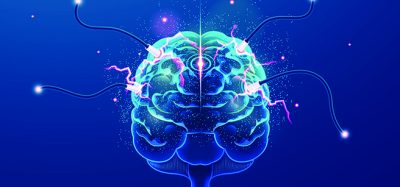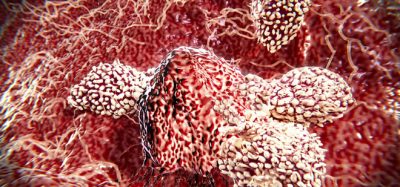Novel protein identified that contributes to tau neurotoxicity in Alzheimer’s disease
Posted: 22 November 2022 | Izzy Wood (Drug Target Review) | No comments yet
US researchers have identified a protein that interacts and enhances the spread of neurotoxic species of tau, which is primarily found in neurons that appear abnormal in the brains of Alzheimer’s disease patients.

Researchers from Indiana University School of Medicine, US, have identified a protein that interacts and enhances the spread of neurotoxic species of tau, which is primarily found in neurons that appear abnormal in the brains of Alzheimer’s disease patients.
The study, published in Nature Neuroscience, found that bassoon, a presynaptic scaffolding protein, contributes to tau-seed propagation and neurotoxicity. They investigated the role of bassoon on tau through mouse and drosophila models as well as human cell and human brain samples.
The tau seed is the species of tau that propagates in the brain, moving from one neuron to the next producing neurodegeneration. In Alzheimer’s disease patients, the protein tau, which normally helps stabilise microtubules, is misfolded and abnormally shaped.
Previous studies into tau’s effect on neurodegeneration have identified proteins that interact with the majority of tau in the brain. By narrowing their study to the tau seed and the proteins it interacts with, the team discovered it resulted in neurotoxic events in the brain- which could lead to a more targeted approach in therapeutics against Alzheimer’s disease.
The researchers discovered that bassoon exacerbated tau seeding and toxicity in both mouse and drosophila models. Bassoon stabilised the tau seed, which allowed it to propagate in the brain. If bassoon is removed, it will make the tau seed more unstable, by lowering the level of bassoon in the models, it decreased the spread of tau, reduced brain atrophy and improved synaptic and behaviour impairments of the disease.
“We proved that there is a small portion of tau in the brain that is very toxic in Alzheimer’s disease and other neurodegenerative diseases, and we determined how important these interactors are to the tau seed,” Dr Pablo Martinez, postdoctoral fellow in anatomy, cell biology, and physiology and first author concluded.
“The main message for the future is to target bassoon as well as other proteins that interact with the tau seed and translate that to therapies.”
Related topics
Disease Research, Drug Targets, Neurosciences, Targets, Therapeutics
Related conditions
Alzheimer's disease (AD)
Related organisations
Indiana University School of Medicine
Related people
Dr Pablo Martinez







